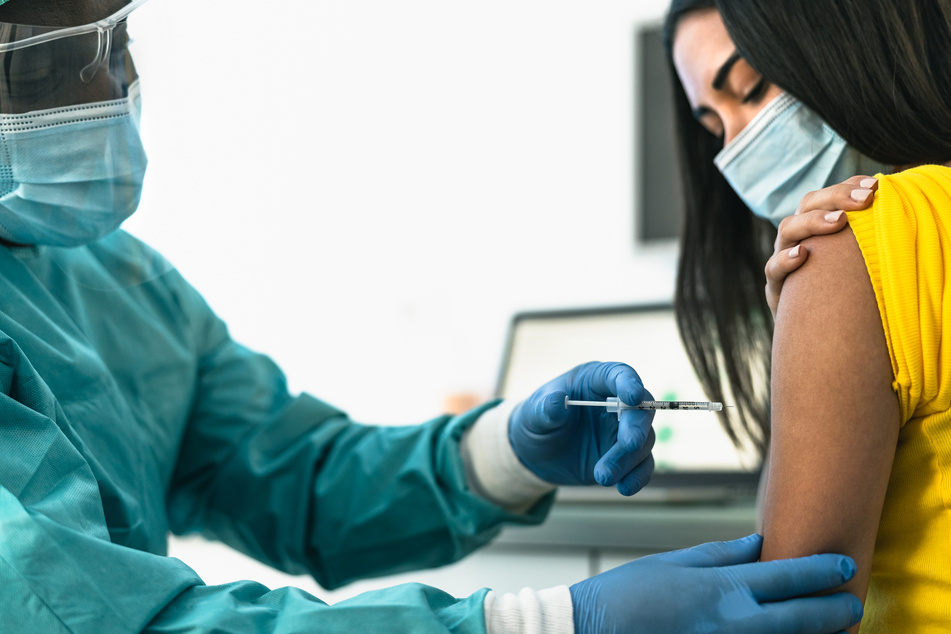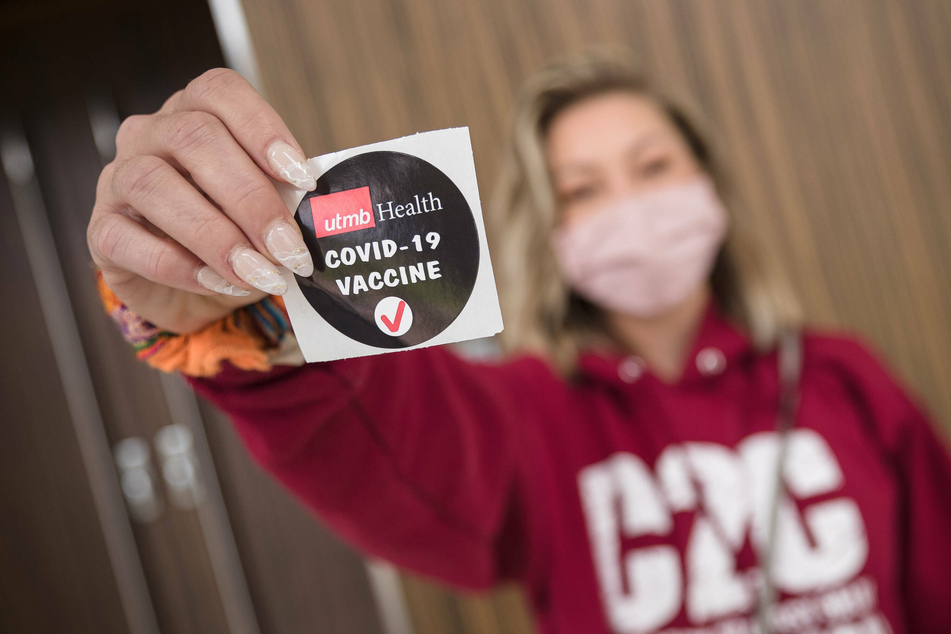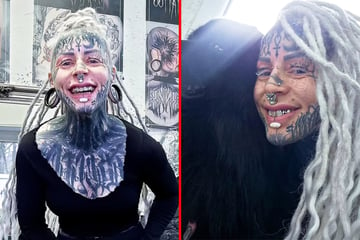How well are vaccines working in Americans? CDC releases new data
Miami, Florida - New research provides "strong evidence" that the two-dose Pfizer and Moderna coronavirus vaccines are capable of preventing infections – both those that cause symptoms and those that don’t – in real-world conditions, that is, outside the controlled laboratory settings where the initial clinical trials took place.

The study, conducted by the Centers for Disease Control and Prevention, found that risk of coronavirus infection dropped by 90% two weeks after receiving a second, final dose and by 80% two weeks following a single dose among nearly 4,000 health care workers, first responders and other essential workers across six states.
The findings released Monday are in line with late-stage clinical trial results that set out to determine the shots’ safety and efficacy against severe disease and death. The results from this study evaluated the vaccines’ effectiveness against all kinds of coronavirus infections. The nation’s third coronavirus vaccine from Johnson & Johnson was not included in the study. It requires only a single dose.
Overall, the study suggests vaccines can curb coronavirus spread because infections among people who received a shot were uncommon.
"This study shows that our national vaccination efforts are working. The authorized mRNA Covid-19 vaccines provided early, substantial real-world protection against infection for our nation’s health care personnel, first responders, and other frontline essential workers," CDC Director Dr. Rochelle Walensky, said in a statement.
"These findings should offer hope to the millions of Americans receiving Covid-19 vaccines each day and to those who will have the opportunity to roll up their sleeves and get vaccinated in the weeks ahead. The authorized vaccines are the key tool that will help bring an end to this devastating pandemic."
Research shows protection against Covid-19 forms two weeks after a single dose

Health care personnel who received the Pfizer or Moderna Covid-19 vaccines between December 2020 and March 2021 were recruited from six states: Arizona, Florida, Minnesota, Oregon, Texas and Utah. Participants swabbed their own noses each week to test for infection, regardless of whether they felt symptoms such as fever, chills and cough.
The CDC does not include information about how the coronavirus variants may have affected vaccine effectiveness throughout the study period, but the variants, which appear to be more contagious than the original coronavirus strain, were known to be spreading at the time.
While the results showed that the greatest protection was among those who received both of the recommended doses, the study also provides reassurance that protection against the disease begins to form two weeks after a single dose of the Pfizer or Moderna shot.
Research shows it takes the body about two weeks after each dose to develop antibodies against the coronavirus.
The CDC also highlights the importance of preventing both asymptomatic and symptomatic infections among health care workers in particular because the group is more likely to get exposed to and contract the virus than the general population, and spread it to the patients they care for every day.
Cover photo: 123RF/Alessandro Biascioli

